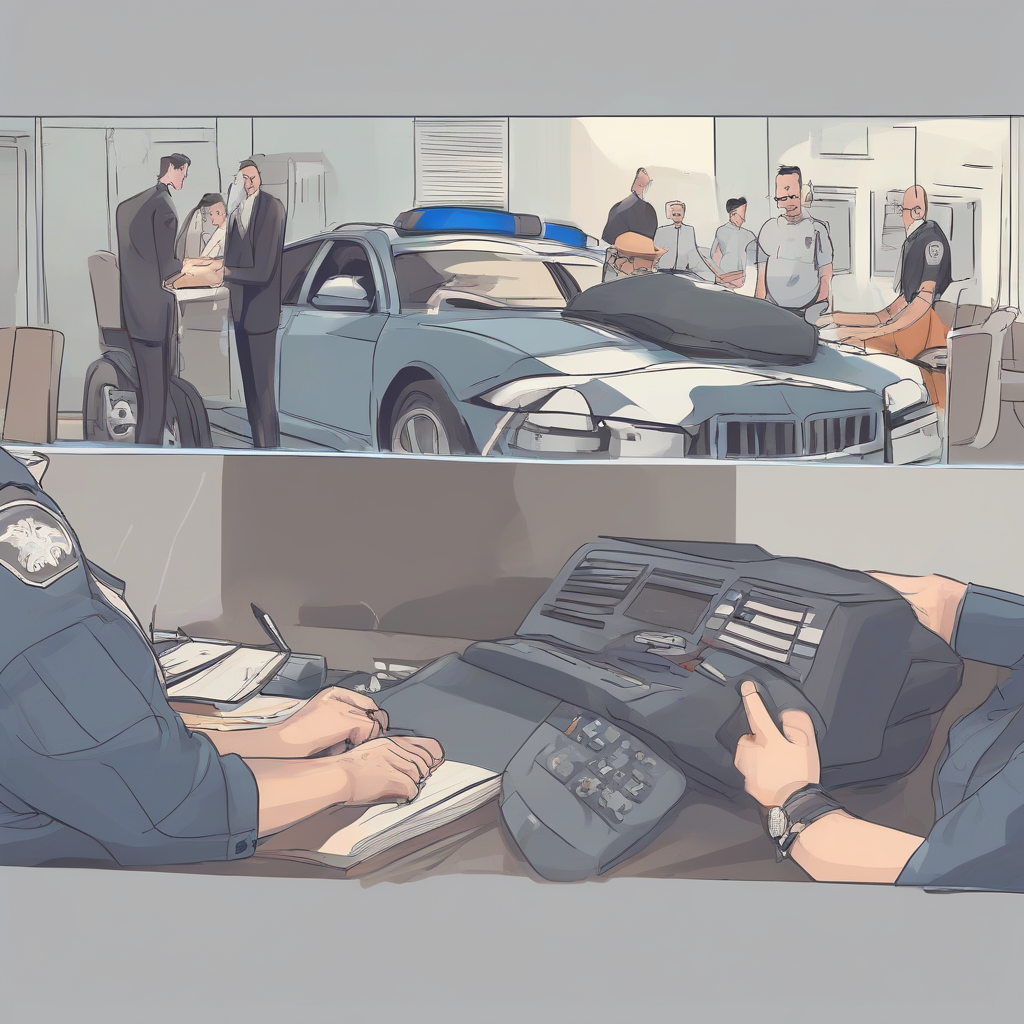Can I File an Insurance Claim Without a Police Report? A Comprehensive Guide
Filing an insurance claim can be a stressful and confusing process, especially if you’re unsure whether you need a police report. This comprehensive guide will provide you with clear information on when a police report is necessary for filing an insurance claim, as well as the potential consequences of not having one.
When is a Police Report Required for an Insurance Claim?
- Vehicle Accidents: In most cases, if a vehicle accident involves property damage, personal injury, or a hit-and-run, a police report is mandatory. Your insurance company will likely require it to process your claim.
- Theft or Vandalism: If your property has been stolen or vandalized, it is generally recommended to file a police report to document the incident. This report will provide evidence to support your claim.
- Homeowner’s Insurance Claims: Certain incidents, such as a fire, burglary, or natural disaster, often necessitate a police report for homeowner’s insurance claims.
- Other Situations: There may be other circumstances where a police report is required or strongly recommended, such as if you have been the victim of a fraud or identity theft.
The Importance of a Police Report
- Documentation: A police report provides an official record of the incident, including details about the time, date, location, and parties involved.
- Evidence: The report can serve as crucial evidence to support your insurance claim, especially if there is dispute or fraud involved.
- Legal Protection: In some cases, a police report can protect you legally, particularly if you are facing criminal charges or civil litigation.
- Claim Processing: Insurance companies often require a police report to process claims related to certain types of incidents.
Consequences of Filing a Claim Without a Police Report
While it’s not always mandatory, filing an insurance claim without a police report could have some negative implications:
- Claim Denial: Your insurance company may deny your claim if they deem a police report necessary for proper investigation and evidence gathering.
- Increased Deductible: In some cases, your insurance company might charge a higher deductible for your claim if a police report is missing.
- Difficulty Proving Loss: Without a police report, it can be challenging to prove the extent of your loss and the circumstances surrounding the incident.
- Legal Issues: In certain situations, a lack of a police report could raise legal issues, especially if you’re involved in a dispute or litigation.
When Can You File a Claim Without a Police Report?
There are certain situations where you may be able to file an insurance claim without a police report, but it is essential to consult with your insurance company beforehand.
- Minor Property Damage: If the damage to your property is minor and does not involve any significant injury or criminal activity, your insurance company may accept your claim without a police report.
- Certain Types of Claims: Some insurance claims, such as those related to personal liability or theft of small personal items, may not require a police report.
- Specific Company Policies: Some insurance companies have policies that allow for claims to be filed without a police report under certain circumstances.
How to File an Insurance Claim
Once you have gathered all the necessary information, including a police report if required, you can proceed to file your insurance claim.
- Contact Your Insurance Company: Inform your insurance company about the incident and follow their specific instructions for filing a claim.
- Provide Documentation: Submit all relevant documentation, such as a police report, photos of the damage, and any other supporting evidence.
- Be Honest and Accurate: Provide complete and accurate information about the incident to avoid delays or complications.
- Follow Up: Stay in contact with your insurance company to monitor the progress of your claim and address any questions or concerns.
Tips for Filing an Insurance Claim
- Act Promptly: File your claim as soon as possible after the incident to ensure timely processing.
- Document Everything: Take detailed notes and photos of the damage, and keep all receipts related to the incident.
- Be Prepared to Negotiate: You may need to negotiate with your insurance company to obtain a fair settlement for your claim.
- Seek Professional Help: If you are unsure about any aspect of the claim process, consider seeking guidance from a legal professional or insurance expert.
Conclusion
Whether or not a police report is required for filing an insurance claim depends on various factors, including the type of incident, the severity of the damage, and the specific requirements of your insurance company. It is always advisable to consult with your insurance company to determine if a police report is necessary for your particular situation. By understanding the importance of a police report and following the proper procedures, you can increase your chances of a successful and efficient claim process.
